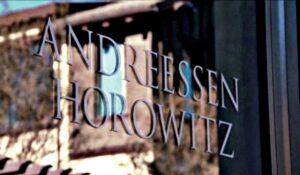In a aggressive move, Turkey’s central bank raised interest rates by a substantial 500 basis points to 50% on Thursday, citing a worsening inflation outlook. The unexpected hike, just days before nationwide local elections, was seen as a strong signal of the bank’s independence and commitment to fighting inflation.
The decision sparked a rally in the lira, which surged 1.5% to 31.91 against the dollar, reversing weeks of decline. Turkey’s dollar bonds also extended their rally following the announcement.
Since last June, the central bank has raised its key one-week repo rate by a total of 4,150 basis points from 8.5%. This move comes after President Tayyip Erdogan’s reelection victory in May, signaling a shift towards more orthodox economic policies.
The central bank stated that it would maintain a tight monetary stance until there is a significant and sustained decline in monthly inflation, and inflation expectations align with forecasted ranges. It also warned of further tightening if there is a significant and persistent deterioration in inflation.
To support the rate hike, the central bank adjusted its policy framework, setting overnight borrowing and lending rates 300 basis points below and above the repo rate, respectively.
Inflation in Turkey soared to a higher-than-expected 67% last month. While it is expected to ease around mid-year, recent declines in the lira and foreign reserves have raised expectations of further rate hikes.
Despite the upcoming municipal elections on March 31, where Erdogan’s AK Party is seeking to regain control of key cities like Istanbul, analysts expect the central bank to hike rates again later this year.
The central bank has also taken other measures to tighten credit, such as adjusting reserve requirements and raising the maximum rate on credit card cash withdrawals. Tighter fiscal policy is expected after the elections, which could further compound economic challenges for Turks already facing a cost-of-living crisis.
Finance Minister Mehmet Simsek has promised steps to help the central bank reduce inflation. Fiscal stimulus has slowed since last year’s general elections but picked up ahead of this month’s vote.
Overall, the central bank’s aggressive rate hike demonstrates its commitment to tackling inflation and stabilizing the economy, despite political pressures and upcoming elections.
(Source: Associated Press | Market Watch)









